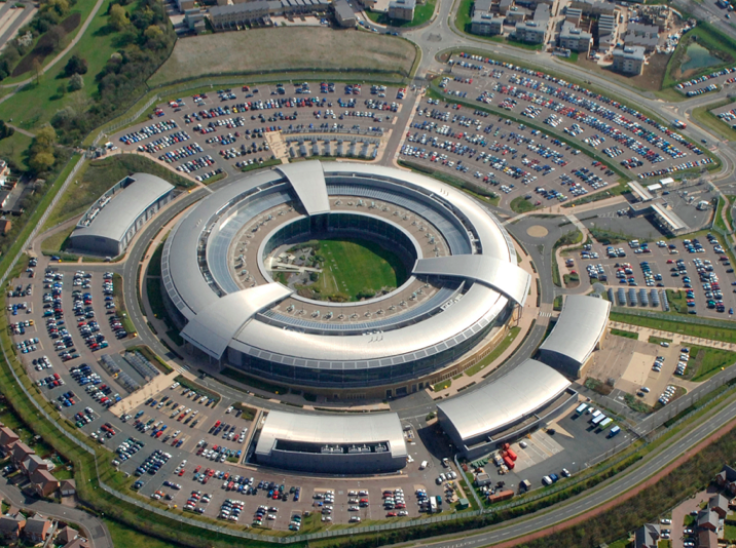Privacy International Challenges Telecom Giants over GCHQ Tempora Surveillance
Privacy International has mounted a legal challenge against the government's GCHQ surveillance post in Cheltenham and seven telecommunication companies, accusing them of operating an "expansive spying regime".

Filed in the Investigatory Powers Tribunal (IPT), the claim challenges Whitehall along with BT, Vodafone Cable, Verizon Business, Global Crossing, Level 3, Viatel and Interoute, who were all recently identified as collaborating with GCHQ's Tempora mass surveillance programme.
The privacy watchdog has challenged the government and telecom companies on two counts: "For the failure to have a publicly accessible legal framework in which communications data of those located in the UK is accessed, after [it is] obtained and passed on by the US National Security Agency through the Prism programme", and secondly, "indiscriminate interception and storing of huge amounts of data via tapping undersea fibre optic cables" through the Tempora programme.
Revealed to German magazine Der Spiegel by NSA whistleblower Edward Snowden, Tempora is claimed to be a more advanced data collection tool than those used by the NSA.
"Tempora is the first 'save everything' approach in the intelligence world. It doesn't care about content type," Snowden said.
The British government has been accused of running a secret surveillance regime. Britons are not being told the circumstances in which spying takes place, making it "nearly impossible to hold [GCHQ] accountable for any potential abuse", said Privacy International.
It said lack of access appeared to breach the European Convention of Human Rights article 8, which provides the right to privacy and personal communications, and article 10, "which provides the right to freedom of expression".
Eric King, head of research at Privacy International, said: "One of the underlying tenets of law in a democratic society is the accessibility and foreseeability of a law. If there is no way for citizens to know of the existence, interpretation, or execution of a law, then the law is effectively secret. And secret law is not law.
"It is a fundamental breach of the social contract if the government can operate with unrestrained power in such an arbitrary fashion. Mass, indiscriminate surveillance of this kind goes against the most basic fundamental human rights to privacy. The scope and scale of this programme, which monitors the entire British public and much of the world, cannot be justified as necessary and proportionate."
Acting on behalf of Privacy International, Bhatt Murphy Solicitors said: "The UK authorities have been engaged in a regime of surveillance which amounts to a serious and unjustifiable violation of the rule of law; it breaches EU law, and it breaches the rights of the citizen to freedom of expression and privacy as protected by the Human Rights Act."
"[Privacy International] seeks a public hearing of its complaint. The existence and scope of the Tempora operation is now in the public domain. The ordinary policy of 'neither confirm nor deny' has no lawful or proper basis in such circumstances."
© Copyright IBTimes 2024. All rights reserved.






